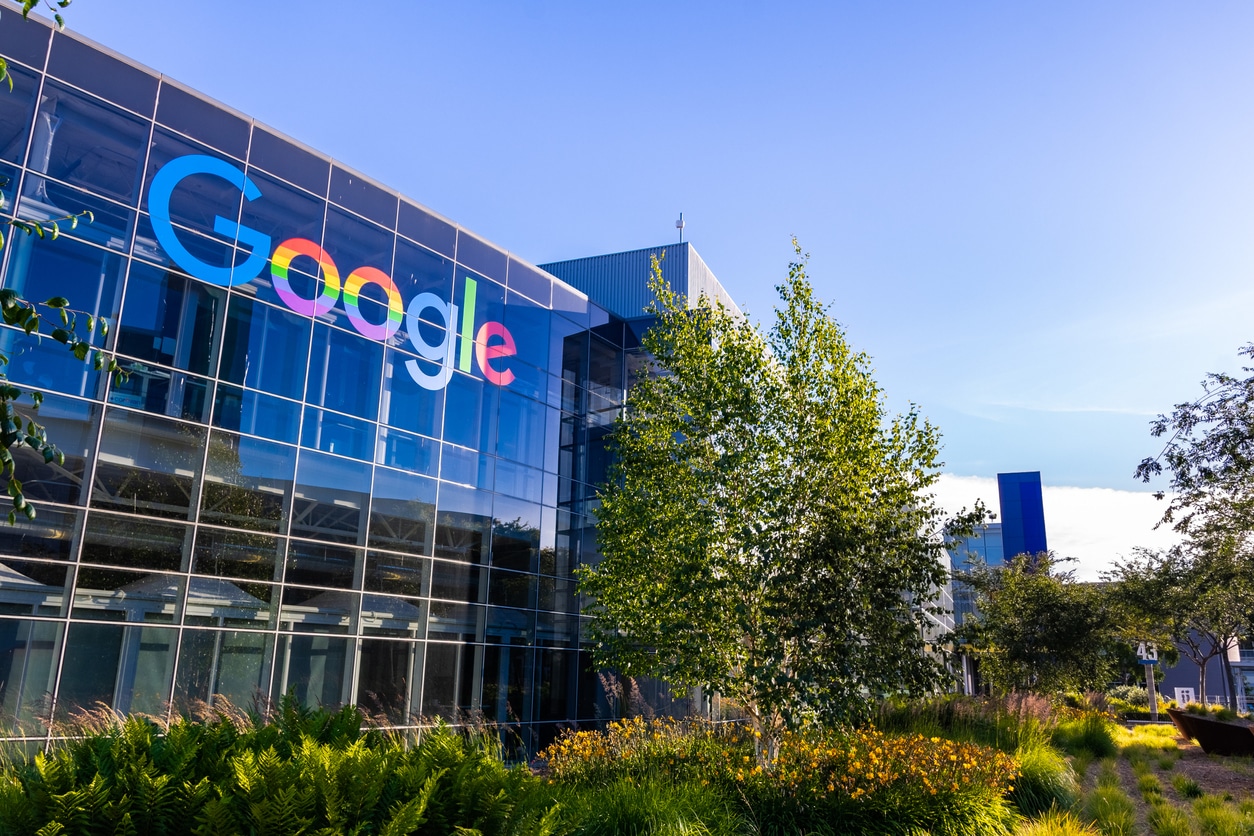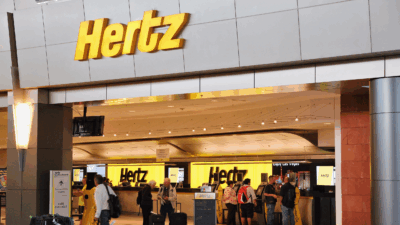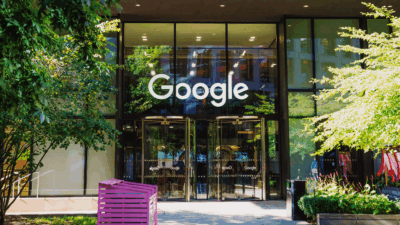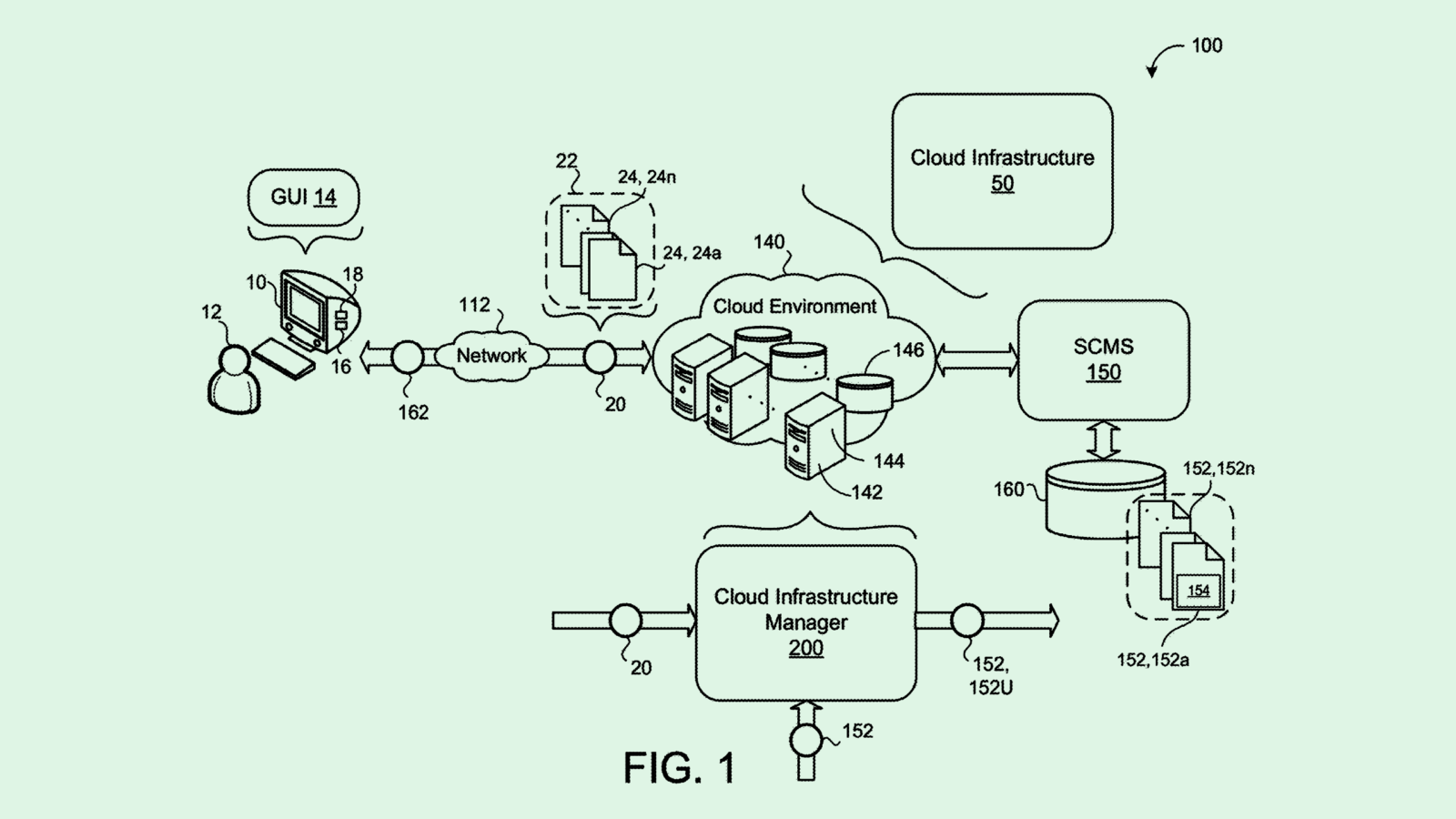
Sign up for smart news, insights, and analysis on the biggest financial stories of the day.
Like any other throughway, the information superhighway requires constant upkeep and upgrades, costing telecom companies hundreds of billions of dollars.
European regulators have long wanted the Big Tech companies hogging the road to pay their fair share — and now they may get their way, according to a report published Monday in the Financial Times.
An Old Idea Gains Momentum
Telcos and Internet Service Providers (ISPs) first began batting around the idea that Big Tech should kick in some cash to develop network infrastructure a decade ago, back when Facebook had just acquired Instagram and Netflix was making hay slinging DVDs. Their dominance has steadily increased since: Google alone generated 21% of global internet traffic in 2021, up from 12% in 2019 according to a report from network analytics company Sandvine. All told, just six companies — Google, Meta, Apple, Amazon, Netflix, and Microsoft — accounted for over 55% of all internet traffic in the same time period, up from 43%.
By November of last year, CEOs from 13 major European telcos signed an open letter urging regulators to ensure Big Tech “contribute fairly to network costs.” France, Italy and Spain submitted a joint proposal to the EU in August aimed at making Big Tech chip in — analysts from Barclays project such a law could generate up to €4 billion annually for the industry. But Big Tech claims it’s already forking out plenty to build internet infrastructure in the form of data centers and subsea internet cables. They are not wrong, as far as it goes:
- Google tells the FT it has already invested €12 billion across six large data centers in Europe. That’s in addition to investments in 20 subsea cables globally, five of which service Europe, and some of which it paid for entirely rather than taking the traditional route of partnering up with other companies to form a consortium.
- Other Big Tech companies have tapped into subsea cables as a growth area: Google, Meta, Microsoft, and Amazon are slated to own at least a piece of over 30 cables criss-crossing the ocean floor by 2024, up from investments in just one subsea cable in 2010, according to a report from Rest of World.
Not Just a European Thing: The FT reports FCC Commissioner Brendan Carr was in Europe this September lobbying policymakers there to side with the telcos. Carr, who complains about Big Tech’s “free ride” and has made a similar policy a platform of his stateside, thinks it’s time to erect toll booths. The worry is consumers may end up paying, too.











